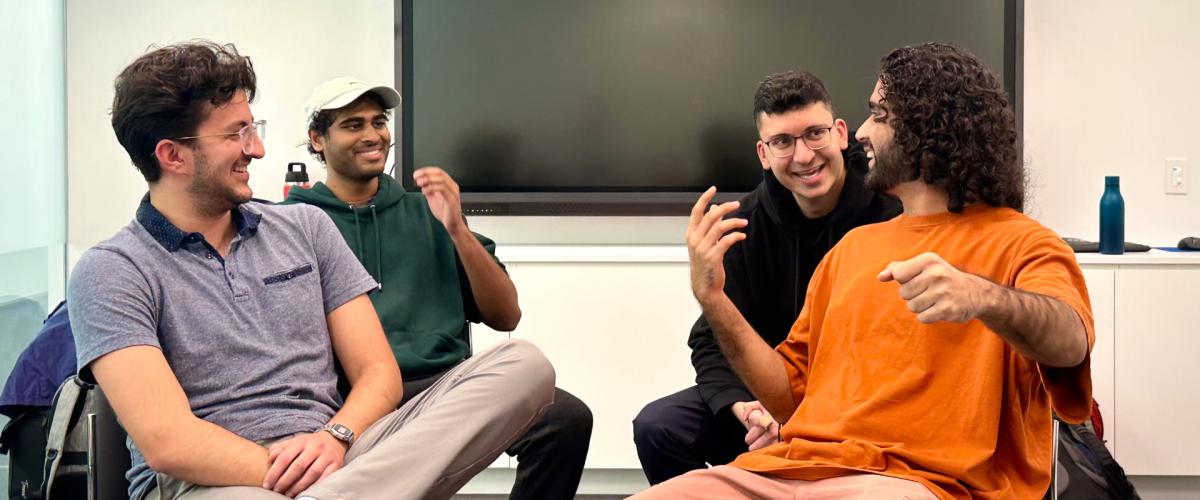New study links immediate treatment for traumatic brain injuries to lower risk for Alzheimer’s disease
Getting treatment within one week of a serious head injury can reduce the risk of developing Alzheimer’s disease by up to 41%, according to new research from Case Western Reserve University.
The researchers suggest the findings could change how emergency rooms and hospitals treat traumatic brain injuries. The Brain Injury Association of America estimates 2.8 million Americans suffer these injuries each year.

Traumatic brain injury (TBI) is considered a “silent epidemic”—a critical public health concern that affects 69 million people worldwide each year, as reported in the Journal of Neurosurgery.
TBI happens when your brain gets hurt by some kind of physical force like in a car accident or sports injury. Military personnel often experience TBI in combat. It’s been shown that people who suffer brain injuries are more likely to develop Alzheimer’s disease later in life because of prolonged brain inflammation that damages brain cells over time.
But researchers at Case Western Reserve University School of Medicine found that treatment within a week of a brain injury significantly reduced the risk of Alzheimer’s and other cognitive disorders, as noted in the Journal of Alzheimer’s Disease.
Researchers analyzed health records from over 100 million U.S. patients across multiple healthcare systems and identified 37,000 people aged 50-90 who had suffered moderate or severe brain injuries. Those who received treatment within one week had a 41% lower risk of developing Alzheimer's at three years and a 30% lower risk at five years compared to those who received delayed treatment.
“Our analysis shows that acting quickly matters in the long term,” said Austin Kennemer, lead author and third-year medical student at the Case Western Reserve School of Medicine.
Neurorehabilitation consists of physical therapy, occupational therapy, cognitive rehabilitation and speech-language therapy. This treatment leverages the brain’s ability to form new connections and reorganize itself throughout life, whether you’re 5 or 95 years old.

Studies by the National Institutes of Health indicate patients who receive neurorehabilitation during hospitalization from a head injury have been found to have significantly higher cognitive levels when discharged, compared to those who did not receive neurorehabilitation treatment.
The research was co-led by Kennemer and Zhenxiang Gao, a research assistant professor and supervised by Rong Xu, biomedical informatics professor and director of the medical school’s Center for AI in Drug Discovery. Xu has established a multidisciplinary research group of medical students, data scientists and clinicians for real-world health outcomes research, drug discovery and health policy. She and her team are now investigating how timing of neurorehabilitation following TBI impacts the risk of other neurodegenerative disorders like Parkinson’s disease.
“For the millions of people who suffer head injuries each year,” Xu said, “the message is clear: Getting treatment immediately could protect their minds for decades to come.”




